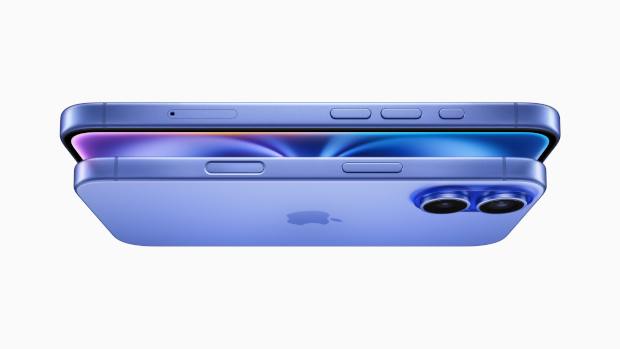
It’s not a picture, it’s a memory, a bad one
“Happiness is nothing more than good health and a bad memory.”
So said Albert Schweitzer. Maybe. No one can quite remember if it was him or Ingrid Bergman. Depends who you ask.
Anyway, memory. What is it exactly? Is it an accurate recollection of something that happened or a perception of an event reflected through the prism of one individual’s mental image of what happened?
Why do I ask? It’s because of something I saw in The Verge in a review of the latest iPhones where Apple’s vice president of camera software engineering, Jon McCormack, was asked for his view on Google’s claim that the new Pixel camera captures “memories” instead of photos.
Now, there are times when the two have appeared interchangeable, usually through the medium of advertising, but there is a distinction. Photos are often said to “capture” memories but what they actually do is provide a visual prompt for our memories.
As for memories, they are distilled through our individual perspective. They’re quite clearly not accurate in the way that a photo can be. In McCormack’s view, a photo is something that actually happened.
But memories are fluid, they change over time, some details are embellished, others are relegated, forgotten. They’re basically stories told by our own individual internal unreliable narrator.
Google essentially wants us to externalise that unreliable narrator and allow it the benefit of providing supporting evidence in the form of photographic “memories” that have been manipulated to reinforce that narrative. The end result of this is that photos will become completely untrustworthy sources unreliable, partisan, unbelievable.
That doesn’t mean they haven’t been subject to manipulation before. Editing has allowed all sorts of shenanigans to be deployed on the photographic record and maybe it’s only fair that all us little people should be allowed to deploy similar deceptive techniques to our own photographic records. But there’s a difference between being unable to trust what we hear, read and see from companies, organisations and regimes, and what we hear, read and see from ourselves.
You see, sometimes photos are useful because they prevent us from deceiving ourselves. They perform the very important function of stopping our memories from playing tricks on us.
But if we do that with photos, where will it end? Written recollections are often suspect. History, as has often been said, is written by the winners. In our own histories, we’re all winners.
The obvious next stage is video. Again, if no one can can believe that what you’ve filmed is real because you’ve been allowed to change it to make “a memory” is it really worth watching? Who else wants to see it?
Maybe that’s the point. Maybe by democratising the manipulation of reality to create memories and making ourselves the stars of our “reality”, we’re all creating our own alternative realities and the only ones it affects are ourselves.
But if it’s hard enough for us to discern what is real and what isn’t in the images we’re served up by external actors, how unnerving and disorienting must it be when we forget or manipulate our own reality.
Because whatever dangers there might be from disinformation and misinformation for political or propaganda purposes, the harm we do to ourselves when we perform those techniques on our own sense of reality can be hugely damaging.
You might remember something called False Memory Syndrome from a few years ago. What we’re in danger of doing, is to create a world where everyone is a willing accomplice in their own False Memory Syndrome.
Searching for a relevant quote about memory, I found the following from Dr Marte Otten, author of a study on memory: “Even at the shortest term, our memory might not be fully reliable.” If that’s true, what does it mean if we willingly let the visual representation of our reality at a point in time become unreliable when our memories are already so compromised?
Before our time, there was a song called Memories are made of this. Exactly. Made.







Subscribers 0
Fans 0
Followers 0
Followers